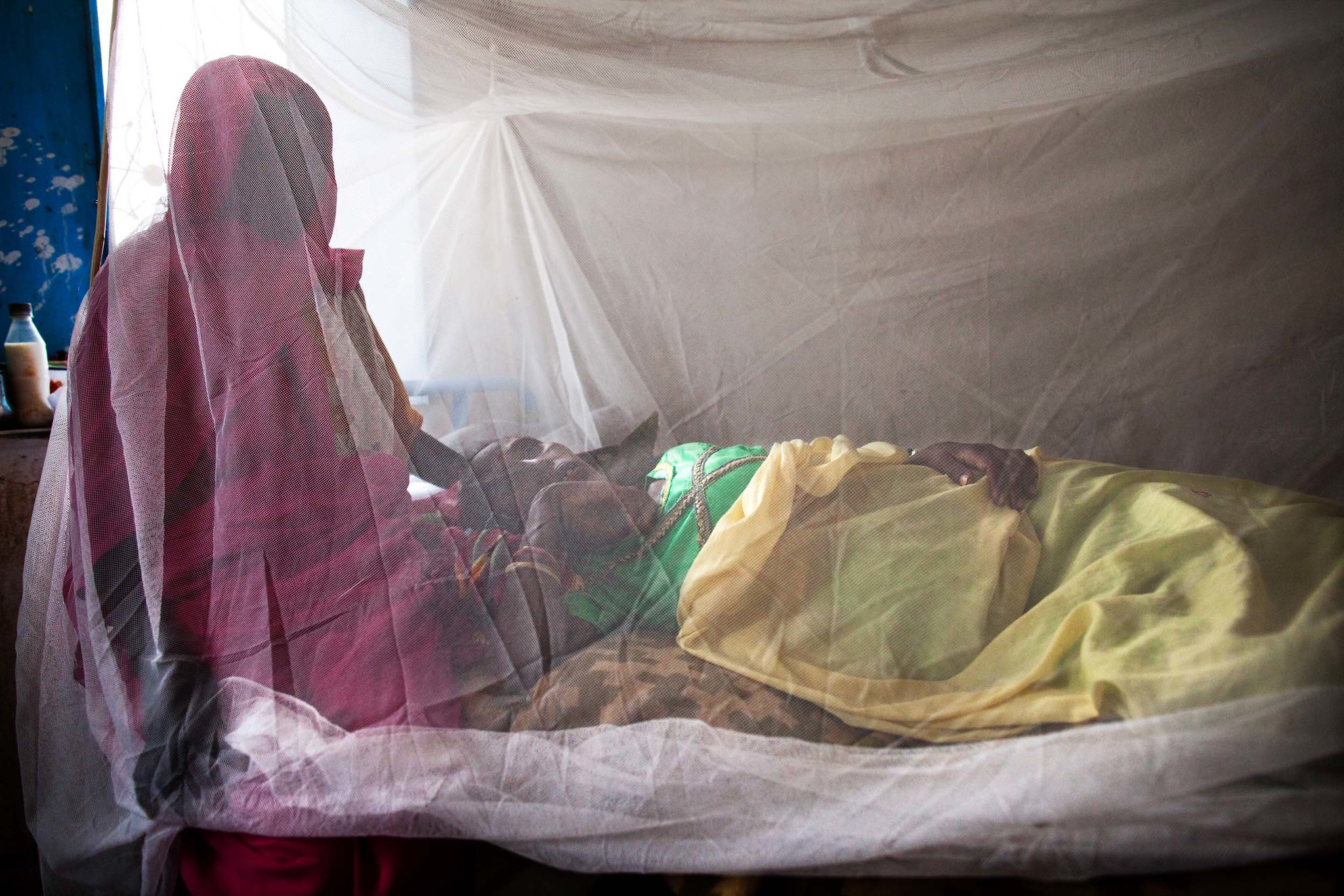Tamar Burton completed an MA in LSE’s International History department in 2010, specialising in the history of colonial Sudan. She is pursuing a career in law and visited Ghana this summer, interning at a barristers’ chambers in Accra.
I was pleased to leave the traffic-filled streets of Accra and head north into the Eastern Region. Mr J B Danquah, opposition MP for the National Patriotic Party (NPP), had agreed to give me an insight into contemporary Ghanaian politics. JB’s family history, however, provided a window into the politics of Ghana’s past.

His grandfather, Dr Joseph Kwame Kyeretwie Boakye Danquah, was one of the founding fathers of Ghana, credited with naming the independent country as “Ghana” and shedding the European name of the “Gold Coast”. Dr Danquah was one of Ghana’s “Big Six” the leaders of United Gold Coast Convention, who were imprisoned by the British in 1948.
However, when Kwame Nkrumah came to power, Dr Danquah was incarcerated as a political opponent and died in prison in 1965. Danquah Circle, a landmark in the Osu district of the capital, stands as a memorial to him.
Along the red dusty roads flanked by bright green jungle, we drove to rural villages in JB’s Abuakwa North constituency. There were still posters from the 2008 elections, bearing JB’s face and that of the unsuccessful NPP presidential candidate Nana Akufo-Addo, peeling off the cracked, mud walls.
At our first constituency meeting, seated upon red plastic chairs, we met the village elders. After the customary shaking of hands and exchange of pleasantries, the rest of the village gathered to hear JB speak and to state their grievances. The continued electrification of the village and the education of their children were the focus of the comments.
At another village an ancient but jovial village elder, who was both confused and seemingly delighted by my presence, named me “Akosua” (Sunday born). I didn’t have the heart to tell him I was, in fact, “Abena” (Tuesday born), but Akosua stuck and my English name was dispensed with for the rest of my time in the constituency.
In the town of Old Tafo we met local imams and exchanged Ramadan greetings. The mosques had tiny mud-made minarets and there were rows of brightly coloured teapots, holding water for worshipers to make their ablutions before prayer. Ghana’s Christian and Muslim populations, unlike those in some neighbouring countries, coexist peacefully with JB’s Muslim constituents seemingly happy to elect a Christian politician.
Our next engagement was in the town of Kyebi (also known as Kibi) to meet the King of Akyems, the Okyehene Osagyfo Amotia Ofori Panin I. The town has long been regarded as a focal point for liberal thought with three of Ghana’s Big Six, including Dr Danquah, sharing links to Kyebi.
In a grand square room of the palace, the King was holding court with visiting dignitaries and local chiefs, who were dressed in heavily-patterned traditional Ghanaian robes. Old black and white photographs of his ancestors lined the walls and at his feet sat a full-sized stuffed leopard with its teeth bared, the symbol of the Akyem-Abuakwa hierarchy. He warmly welcomed me to the Eastern Region and I was all too aware of my crumpled clothes as the King’s photographer snapped pictures.
The following day was a Saturday, the traditional day for Christian funerals in Ghana, which draw large crowds of relatives, neighbours and acquaintances all dressed in the mourning colours of black and red. We attended four funerals, where my presence was met by calls of “Obruni!” and sustained efforts by teenagers to make the foreign girl dance.
Doris, an NPP assemblywoman, announced JB at each ceremony and sang NPP songs in Twi, one of which described JB’s political opponents searching for him in vain. The song concluded that they could not find him, because he was already in Parliament.
Escaping the crowds of the funerals and those flocking to see JB, I journeyed back to the capital. I was exhausted, with aching hands from a weekend of handshaking, but grateful for the glimpse into the workings of modern Ghanaian politics.





Interesting insights..thanks for the Ghanaian political tour.
Hey. Wo fro me Abena aswell (or Araba in the Fante region), spent the past summer in Cape Coast interning at CHRAJ; really insightful article.